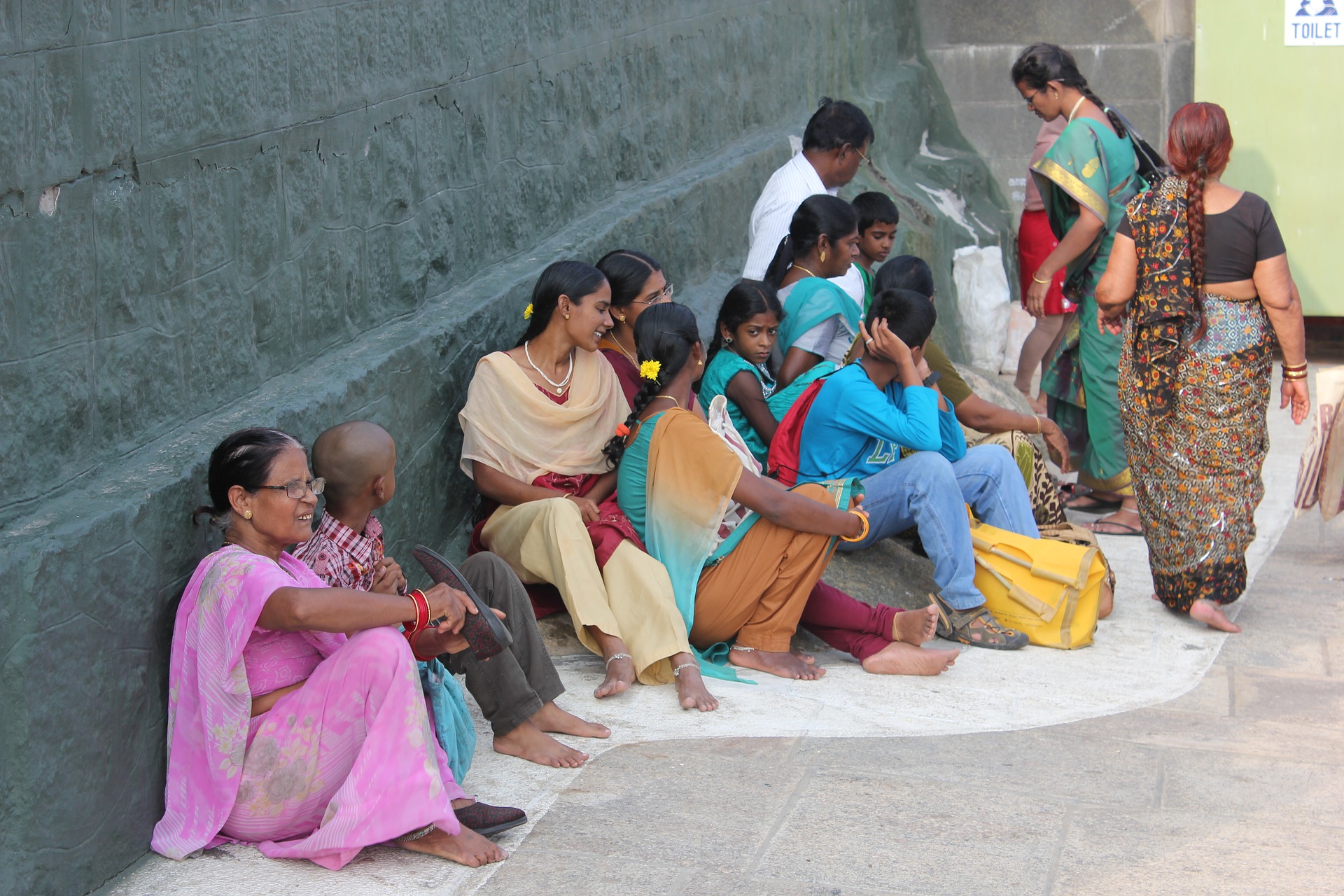As advocated by Solomon Benatar, in the context of global health, ethics needs to include considerations of inequities in health and capacity, and of the social, economic, and political conditions where research is being conducted. ‘[1]Indeed, “inequity and equity are concepts expressing a moral commitment to social justice. In operational terms, pursuing equity in health means eliminating health inequities that are systematically associated with underlying social disadvantages or marginalization”.[2]
The session Health service equity and access for vulnerable populations at the Global Symposium on Health Systems Research in Vancouver explored dimensions of health inequities faced by populations marginalized because of their HIV status, reduced physical mobility, under-served neighborhoods, lower caste status, and situations after a regional conflict.
The challenge for these populations is to access basic health services to meet their needs. Yet, due to persistent health inequities, these basic needs can’t be met. Understanding root causes of inequities triggers questions such as these: why are HIV coverage of testing and treatment less prevalent in poor areas of Sub-Saharan Africa; are specific causes of blindness not avoidable; why new healthcare services keep getting deployed only in wealthy areas in Tehran; why do only higher caste mothers in Muslim Pakistan have access to education and health services; who should be providing maternal healthcare to populations displaced due to regional conflicts?
Responsive health systems can be achieved by identifying the basic needs of the people; and by measuring and documenting the prevalence of health inequities. Appropriate measuring techniques, both quantitative and qualitative, need to be used. For instance, it is not about how many hospitals have been built in Tehran but where they have been built; not about how many people are aware of their HIV status in Sub-Saharan Africa but how many are not. Attention must also be paid to who collects the data.
More upstream, influencing the governance of national health systems has promising effects. Having women as legislators, as in Uganda, is a great model to imitate to build health system resilience and bring more funding into the health sector.

